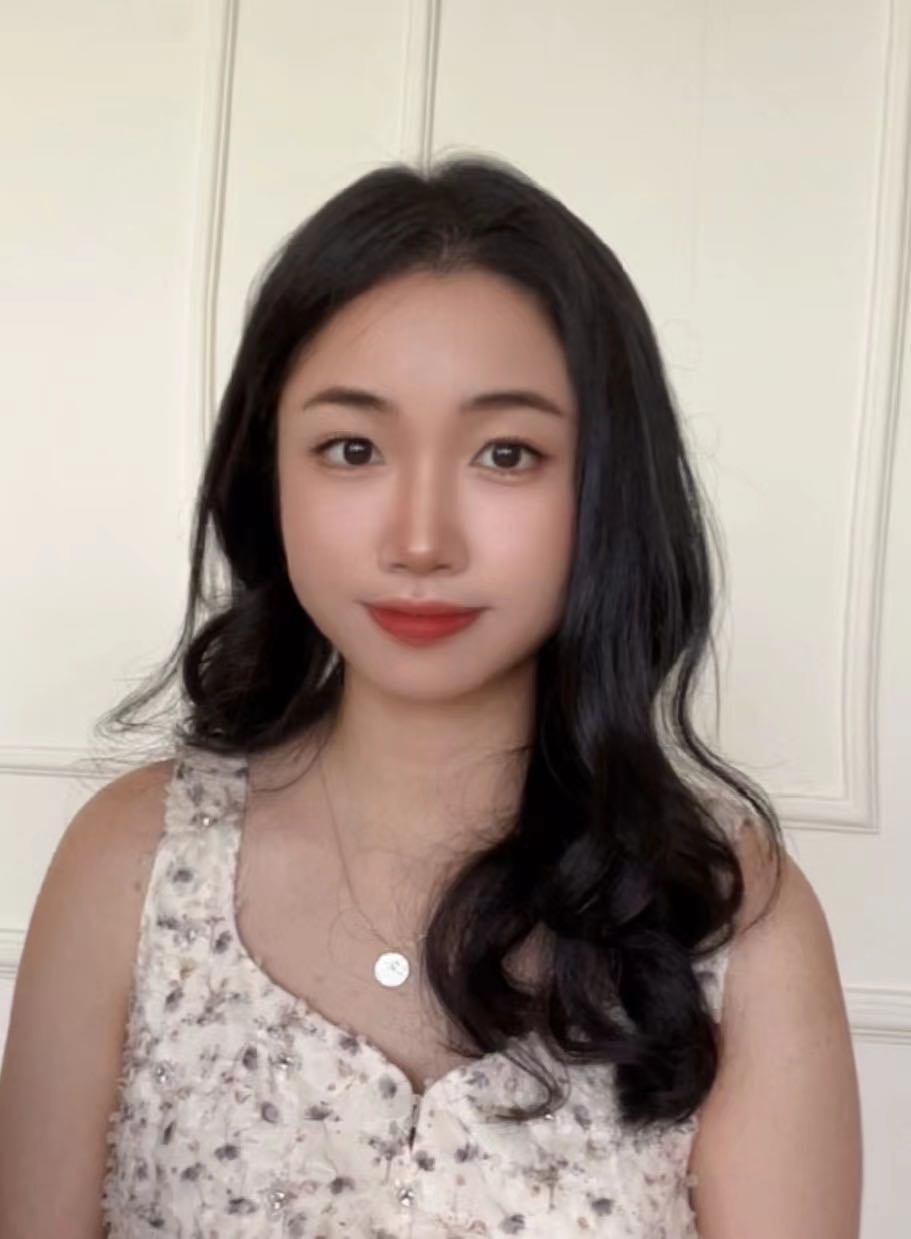PostTime:6/23/2025
Li Yitong, a 2019 alumna majoring in Chemical Engineering at Guangdong Technion - Israel Institute of Technology (GTIIT) and the first GTIIT student to receive a direct Ph.D. admission with full scholarship from Stanford University, has recently been awarded the prestigious 2025-2026 academic year fellowship by Stanford Institute for Human-Centered Artificial Intelligence (HAI).

Co-founded by renowned scholars including Professor Fei-Fei Li, the "godmother of AI," HAI is one of the world's most important AI research centers and a key think tank in global AI governance and policy-making. Its advocated principles and practices are profoundly shaping the future of AI. The Graduate Fellowship Program that Li Yitong was selected for is a highly competitive interdisciplinary initiative, which annually chooses only 15 outstanding researchers from across Stanford's various disciplines, including computer science, mechanical engineering, and civil engineering. Spanning three semesters, the program requires participants to be fully engaged on campus, fostering innovative breakthroughs in cutting-edge fields through biweekly seminars, interdisciplinary collaboration, and final project presentations.

Li Yitong
Reflecting on how GTIIT's training has helped students push the boundaries of science, Li Yitong said GTIIT's rigorous mathematical and scientific education, along with its "question-driven" teaching approach, serves as the most valuable springboard for students—whether tackling PDE or exploring cross-disciplinary AI applications, a solid foundation in math and physics empowers her to venture into broader domains. "During my undergraduate years, we not only studied math courses that were 'more challenging than those at other engineering schools,' but also cultivated a mindset unafraid of tackling complex problems. When others deemed certain fields 'too difficult' or 'irrelevant,' we had already developed the abilities and courage to dive deep."
At Stanford, she not only focuses on research—enhancing her multidisciplinary skills in applied mathematics and statistics through hydrological modeling—but also served as a teaching assistant (TA) for two courses and participated in organizing academic seminars within the Department of Civil & Environmental Engineering and the School of Sustainability. These experiences not only broadened her academic horizons but also showcased her exceptional cross-disciplinary collaboration skills, which became a driving force behind her standout performance in HAI's selection.

"At GTIIT, I met many mentors who were not just academic guides but also life mentors," Yitong shared. She particularly highlighted the guidance of several professors: Professor Varenyam Achal from the Environmental Science and Engineering Program, who introduced her to environmental science; Professor Mingyi Liu from the Mechanical Engineering Program, who guided her in mastering computational modeling methods; and Professors Ji-Dong Gu, Xiaowu Huang, and Ziyi Zhong, who provided selfless support in both her academic and personal growth. "It was their meticulous mentorship that paved my way at Stanford today," she said emotionally.

Yitong at GTIIT
Currently, Yitong is conducting research in hydrological modeling at the Carnegie Institute for Science, which is located on Stanford campus and managed by Caltech, collaborating with scholars from these two scientific powerhouses to explore frontier issues in environmental engineering. Through the HAI program, she plans to further deepen her work while engaging in collaborations with researchers from other fields to explore more applications of mathematical methods across disciplines.
She enthusiastically shared her experiences at HAI: "Computer science students are studying psychological cognitive mechanisms, historians are training NLP models, engineers are pondering AI ethics… True breakthroughs often emerge from these interdisciplinary sparks—this is the essence of innovation." At Stanford, the ethos of cross-boundary innovation is ubiquitous. The School of Engineering's centennial slogan this year is "Transformative Breakthroughs, Boundless Horizons"—a testament to the idea that groundbreaking innovation stems from unbounded perspectives. This philosophy resonated deeply with what Yitong had learned at GTIIT. "I still remember in our aquatic chemistry class at GTIIT, the professor told us innovation often arises from entirely new ideas and the collision of different perspectives. This 'think outside the box' training is invaluable in my subsequent research."
"Don't limit your imagination—be bold and try!" she encouraged current GTIIT students. "Whether applying to top-tier programs or exploring interdisciplinary research, don't be afraid. Your foundation is stronger than you think, and your potential is greater than you imagine!"
© GUANGDONG TECHNION-ISRAEL INSTITUTE OF TECHNOLOGY | 粤ICP备17036470号
